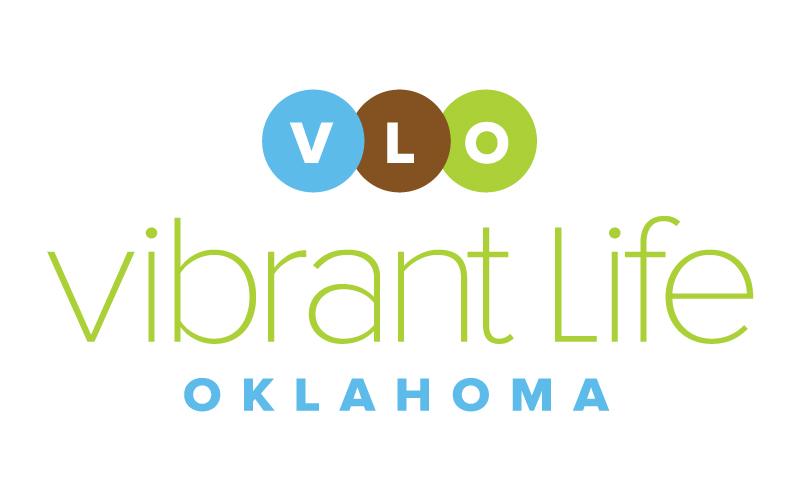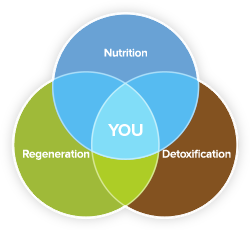What is Glutathione?
What is Glutathione?
Glutathione is one of four endogenous (originating from within) antioxidants that are manufactured in the human body. There are 80,000 published articles in the English language on the topic. If you are wondering what is Glutathione, it exists in an increased energy state, due to it having a free self hydra group, that it can then donate to an electron and therefore destroys or changes the free radical to the non-free radical state.
It is the only non-enzyme antioxidant that after donating, the electron does not become a free radical. All other antioxidants become free radicals themselves after donating an electron. How important is glutathione? Up to 6% of the body’s total energy production can be used to produce it and it has much to do with the aging process, creating an environment for aging well by slowing the aging process.
Signs of Decreased Glutathione Levels
- sleep disorders
- weakness, lack of energy
- dizziness
- depression
- joint pain
- headaches
- brain fog
- much more serious health conditions
Sleep: patients that are having sleep difficulties should consider decreased levels as the culprit. After glutathione has donated its hydrogen and is now in a spent form it is converted into GSSG = glutathione disulfide. GSSG is derived from two molecules. GSSG has shown to promote sleep in animal studies in which the lack thereof interrupts sleep.
Weakness: lack of energy, dizziness: clearly if we are not sleeping it only serves to complicate the next three symptoms. It is a major protector mitochondrial DNA which are located inside the cells and are responsible overall energy production.
Depression, brain fog, headaches: biopsies of the mitochondrial DNA taking from a 90-year-old patient, when comparing it to the mitochondrial DNA of a five-year-old patient, the 90-year-old patient will only have 5% normal mitochondria as compared to the levels of the 5-year-old. So, as we destroy our mitochondrial DNA our energy level decreases and we age. Maintaining normal mitochondrial DNA has a direct correlation to age and health. It has an R-value above .9 so the higher your glutathione the slower we age. Glutathione is also involved in protein repair through glutathione redox and the glutathione system.
Aging: research has found that as we age we lose one percent starting at age 20, and that loss accelerates with age and disease. Researchers also found that the patient at 45 years old who has had his first heart attack, asthma, and other chronic disease has a much lower level than a patient who is well. Chronic disease causes an increase in loss of glutathione and an increase in mitochondrial DNA damage as compared to a healthy patient.
Chronic disease: the GSG system specifically glutathione peroxidase, and transferase abnormalities have been associated with almost all cancers known to man. You can increase your glutathione system through increasing glutathione and the systems coenzymes. Important point- a sign of glutathione deficiency would result in a decreased uric acid level. In about 20% of cancer patients, they will have decreased uric acid. As it turns out uric acid is the last antioxidant that the body has to use when it runs out of all other antioxidants. S, if uric acid is the last antioxidant, isn’t it interesting that glutathione is the first used.
Chelation is 50% as effective as oral chelation at disposing of the heavy metals like mercury. It also works against other heavy metals as well.
Conjugation Phase II detox, in certain toxic substances, are bound together and ready for elimination. Conjugation can bond to steroids in many different organic pollutants. An example of organic pollutants-drinking too much alcohol without ample levels will result in a hangover due to the fact that alcohol is a free radical and organic pollutant.
Contributes to Low Levels of Glutathione
- acetaminophen and other pharmaceuticals
- acetone, solvents, paint remover
- fuels and fuel byproducts
- heavy metals (mercury)(dental amalgams, vaccines, tattoos)
- pesticides common herbicides
- nitrates and other food preservatives
- artificial sweeteners
- synthetic food dyes
- tobacco smoke, alcohol
- X-ray, UV radiation
- industrial pollutants
Things that Reduce and Destroy Glutathione Levels
- poor diet: In this case, it has to work hard to cover for insufficient antioxidants as well as lack of glutathione cofactors vitamins and minerals that impairs the synthesis and proper function.
- strenuous exercise, which can produce a lot of free radicals.
- chronic stress
- anxiety
- depression
- light pollution lowers levels by suppressing melatonin and reducing sleep, bedside lights (blue light), and street lights not helpful.
- age: remember that glutathione levels decrease with age.
Raising Glutathione Levels Naturally
- consume sulfur-rich foods like broccoli and other green vegetables
- increase your vitamin C intake
- add selenium-rich foods to your diet
- add foods rich in whey protein
- milk thistle, turmeric
- get plenty of sleep (glutathione)
- IV’s will increase levels higher and faster

Follow Vibrant Life!
Vibrant Life Tulsa on Facebook
What is Intravenous Nutritional Therapy?
- Intravenous Nutritional Therapy (IV Therapy)
- IV therapy may be used to treat a vast amount of medical conditions. The most common of these are: bacterial or viral infection, allergies, aging, asthma, chronic fatigue, chronic sinusitis, coronary artery disease (hypertension), depression,
Read More: What is NAD IV Therapy?
Contact Vibrant Life today to learn more about IV Therapy and how it may benefit you. Call Vibrant Life at (918) 740-1612.
